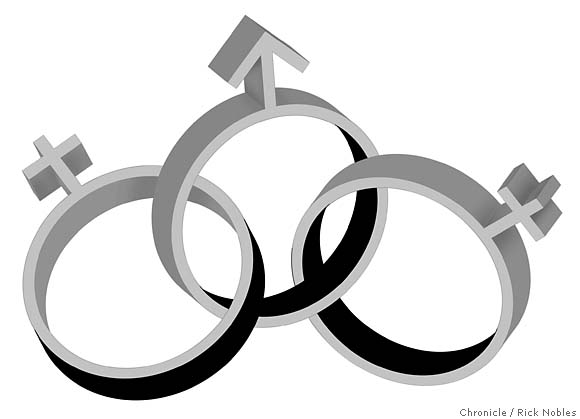Hits and Misses
 A “polygamy belt” stretches across Africa, from Senegal through to Tanzania, in which it is not uncommon for a third of married women to share their husbands. (I can understand having a mistress, but a second wife?) HT: Tyler Cowen.
A “polygamy belt” stretches across Africa, from Senegal through to Tanzania, in which it is not uncommon for a third of married women to share their husbands. (I can understand having a mistress, but a second wife?) HT: Tyler Cowen.
Why not sell insurance the old fashioned way: Let insurers sign up people outside of the exchange?
How ObamaCare violates the laws of public choice economics. HT: Tyler Cowen


Article: “Why not sell insurance the old fashioned way”
“So far, the administration has resisted the idea, partly because of concerns about giving insurance companies access to personal data.” (New York Times)
So the navigators who for all we know could be ex-cons are trusted more than insurance companies?
Door to Door again?
Insurance salesman or Navigator… Who would I trust more?
“If you are, for example, a healthy young man running a small start-up business, you are likely to see your rates on the individual market go up considerably, especially if you are successful enough not to qualify for a subsidy. Under ObamaCare, the transfers from the young to the old increase, as do transfers from men to women and from the healthy to the unhealthy.” (Wilson)
That healthy young man should structure his business as a pass-through entity (Partnership, S-Corp, etc). Instead of claiming his income, plow-back as much as possible into the company. If he is able to do this correctly, he might be able to qualify for a subsidy. Furthermore, his company should grow due to the reinvestment he has made.
An even better option, in financial terms, is for the young healthy man to not purchase insurance, pay the 1% penalty, and talk to his doctor about paying cash for services.
That is what I expect the majority of young and healthy individuals to do. Death spiral here we come.
For these exchanges to work, the majority of U.S. citizens need to “jump on-board” with them. Why wasn’t a company such as Facebook or Google partnered with during the early stages of the design to gain the insight of a company that has successfully accomplished what healthcare.org is wanting to accomplish.
Because the CEOs didn’t go to school with Michelle Obama.
Facebook and Healthcare should not go hand in hand. Then its Government ran social media
There is only more to come…
^Like
“I can understand having a mistress, but a second wife?”
I hope their insurance providers cover mental health costs…
Several theories link polygamy to poverty.
I would say not only poverty but also lack of women’s rights. In poor countries that allow it, a poor family can basically sell their young daughters to rich old men as wives. I’ve heard it suggested that poor women in regions where they have few rights might actually prefer being a member of a rich household (with multiple wives) rather than the sole wife in a poor household. In the rich household she may have sister wives to help with child rearing chores and not have many household responsibilities. By contrast, in a poor household she would have to work long hours, bear children, cook and clean.